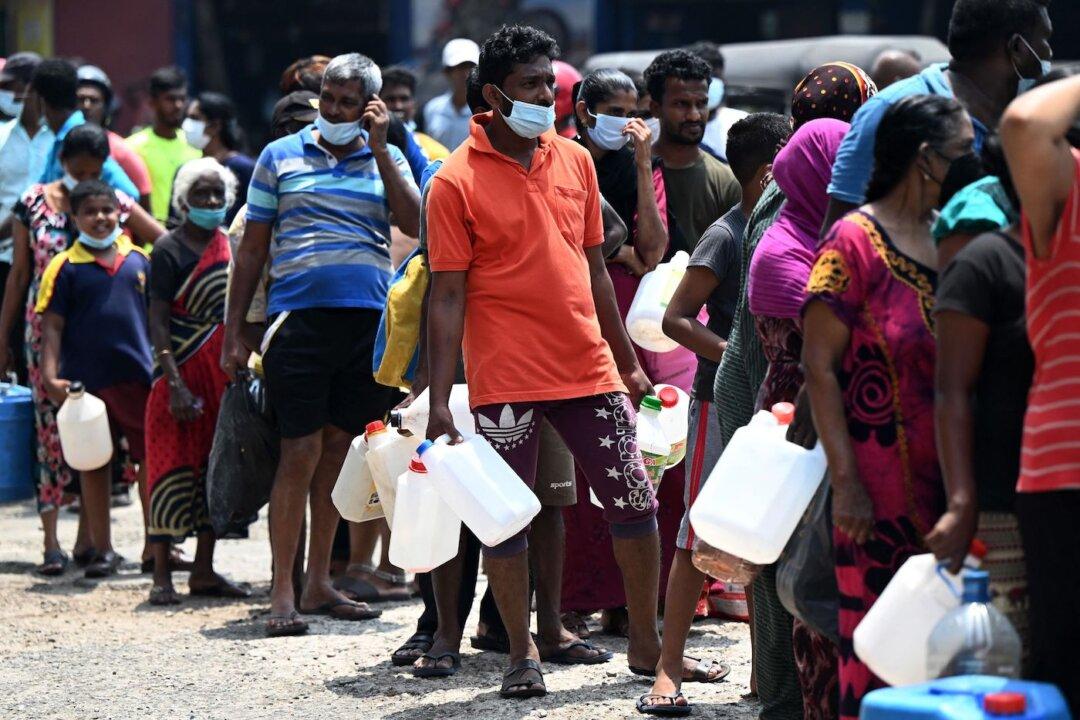Commentary
The story of Sri Lanka’s demise into chaos, poverty, and lawlessness is tragic—but another warning sign of what happens when leftist ideas take hold.

The story of Sri Lanka’s demise into chaos, poverty, and lawlessness is tragic—but another warning sign of what happens when leftist ideas take hold.